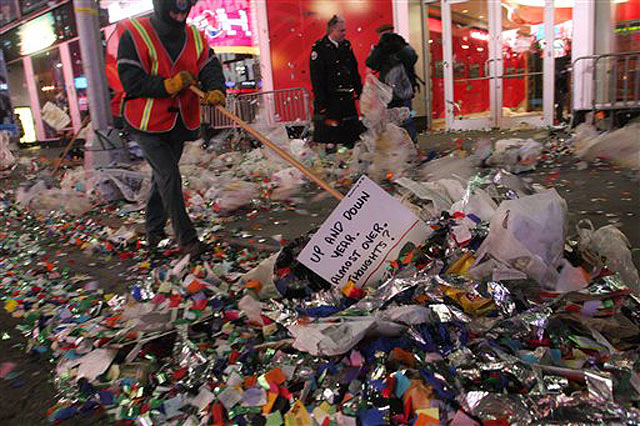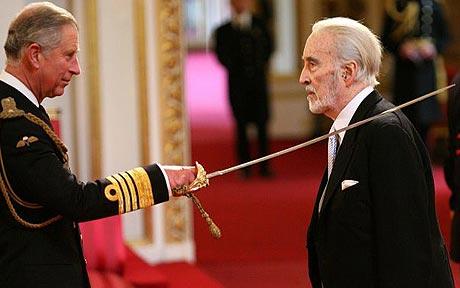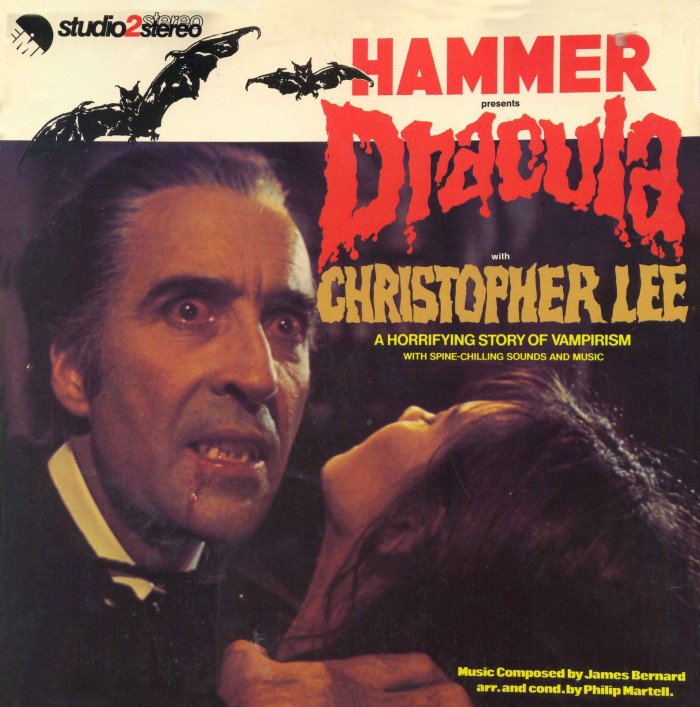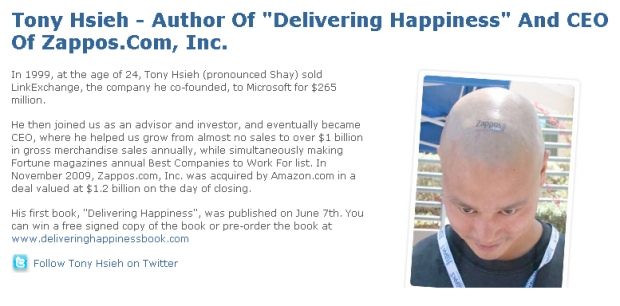
I don’t have words for the murders that took place in Connecticut this past Friday, but thinking about anything else seems impossible and inappropriate. My boys are the same age as the victims. One of them still believes in his own invincibility. The other believes anything can be figured out, provided you think about it enough. Like most parents, I’ve found it difficult not to imagine those beliefs being taken from them. If I’m not careful, I can see what small courage each boy has so far managed to find within himself being asked to face that moment, that endless quiet. I would like very much not to be able to think about that.
By Monday morning, though, we’re well on our way to “understanding” the killer, as if the likes of CNN has ever brought us a breakthrough in the origins of good and evil. The reality is that there is no collective human reaction to this, because this isn’t the business of humanity. While these tragedies necessarily bring people together, it’s only because individually there is no way to process this, no language to speak it. There’s more humanity in a book left open on the floor of a little girl’s room than in all of us left living today.
It’s natural to want to do something.
We could get rid of guns, or at least the kind clearly preferred by people interested in killing other people. That Red Dawn fantasy about having to rise up against an invasion from another country? You don’t own the country anyway, Cletus. Wealthy people do, and they only let you live here because your lives aren’t significant enough to bother them. Besides, your country was already invaded. They came through Wal-Mart, and we surrendered without a fight.
Still more effectively, as many of the best voices during this tragedy have argued, we could put more effort into diagnosing and treating the mentally ill. I would submit to you that we have, here in the 21st Century, the most powerful tool for this work already at our disposal each and every day.
I’m referring, of course, to Twitter.
We can’t predict the next tragic event, but we can do a better job of monitoring the unstable. Deadspin shows us how easy it is to gather a quick list of the emotionally unstable.

The thing about this post is that it seems like I started out serious and then made a joke. I didn’t. If we really wanted to find the mentally unstable, hashtags would help. The media seems infatuated with full-grown human monster-style “Evil,” when it seems to me evil usually begins in things like venomous self-centered, hate-filled, inarticulate spew. Where it goes from there depends on a lot of things, but it doesn’t change the fact that these people need help.


















